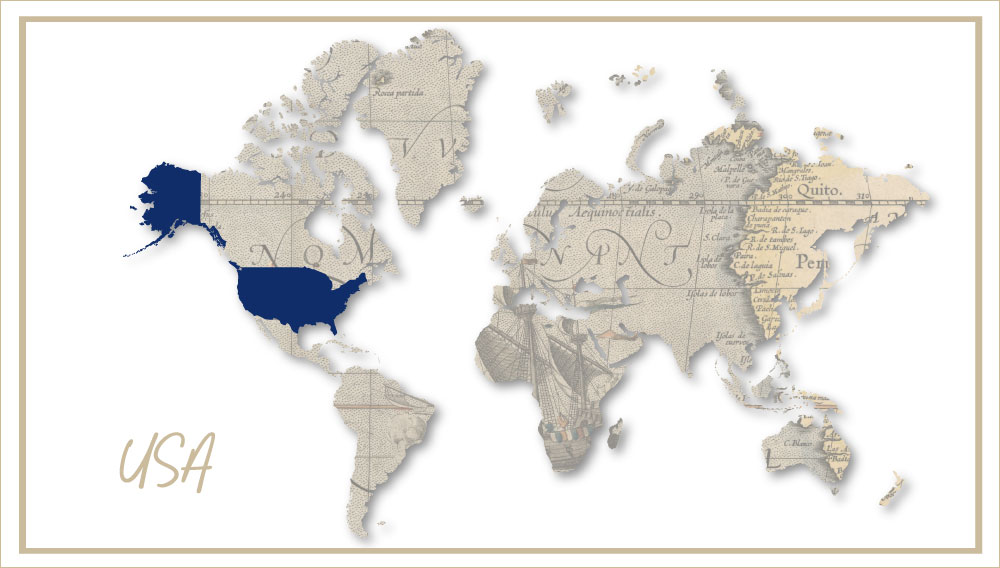Coca-Cola angers Monster with launch of Coke’s own energy drink
USA | As Coke seeks to branch out from its core fizzy drinks category to become a “total-beverage company” by launching an energy drink under its own label, it does not seem to mind if it takes on its own partner, Monster, the world’s number two maker of energy drinks behind Red Bull.
In late March 2019, Coca-Cola announced it is introducing its first branded energy drink in Spain and Hungary, to be followed by the UK and other markets later in the year.
Branded “Coca-Cola Energy”, the drink contains naturally sourced caffeine (80 mg per can) plus guarana extracts and B vitamins. There will also be a no-sugar, no-calorie variety. Both versions will have the “great Coca-Cola taste and feeling that people know and love,” the company said. The product will come in 250-ml cans, and is designed primarily for young adults aged 18 to 35 years.
While Red Bull has not responded publically to the launch, Monster has. It has filed for arbitration, claiming that Coke is violating a global distribution deal the two had struck. Besides, Coke owns a 16.7 percent stake in Monster which it bought in 2016 for USD 2.15 billion.
Coca-Cola had previously been selling energy drinks but never under the Coke label. As part of their 2015 agreement, Coke’s entire portfolio of energy brands, including Relentless, NOS, Full Throttle, Burn, Mother, BU, Gladiator, Samurai, Nalu, BPM, Play and Power Play, was shifted to Monster.
It is not unusual for Coke to launch new products internationally before bringing them to the US, especially if they are novel products or concepts for Coke. It will be remembered that in 2017 Coke introduced Lemon-Do, its first alcoholic drink, in Japan. It may be doing the same with the UK’s Costa Coffee chain, which it bought in 2018 for USD 5.1 billion. Before, Coke had no presence in the coffee market.
Energy drinks have risen in popularity in recent years, despite concerns over their effects on consumers’ health. US sales were projected to reach USD 15.3 billion in 2018, but the annual growth rate has slowed to 1.5 percent, according to Euromonitor – in stark contrast to the 60 percent growth rate between 2008 and 2012, Fortune reported.
Coke’s move does not bode well for its partnership with Monster. Bonnie Herzog, an analyst with Wells Fargo Securities, has argued recently that Coke’s new energy drink will negatively impact Monster, and signals that Coke is “confident that it will prevail in the arbitration process.”
Should Coca-Cola expand distribution of its new energy drinks throughout Europe and subsequently bring it to the U.S., its fight with Monster might escalate. Depending on how the arbitration goes, the relationship may deteriorate beyond repair and Coca-Cola could decide to divest its stake. However, given that arbitration trials can take a long time to resolve, we may not know for a while how the whole situation will shake out.
Authors
Ina Verstl
Source
BRAUWELT International 2019

